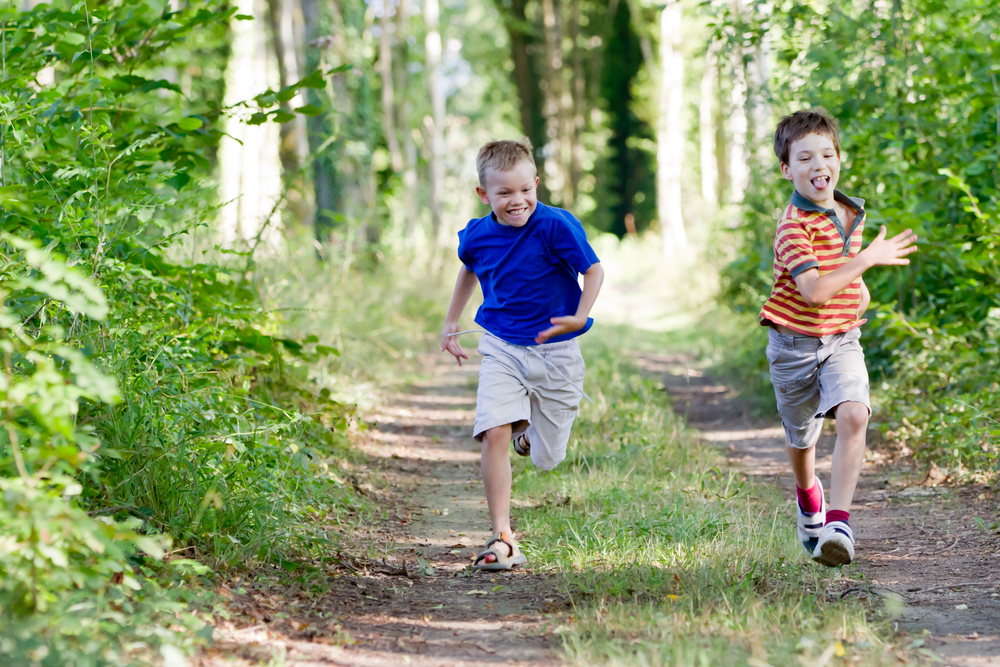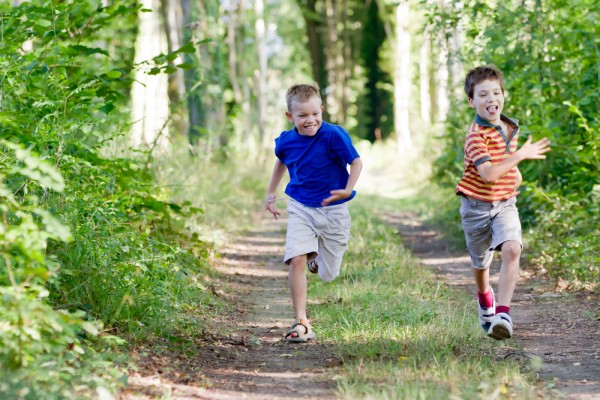Family
Planning Short Walks For The Whole Family To Enjoy

Getting outdoors and enjoying a bit of exercise is a lot more rewarding than just sitting in front of the TV all evening. Going out for a short walk – even if it is just for an hour and a half – is something that even young children can benefit from and enjoy. It also gives you a bit of quality time together as a family; but is an activity it doesn’t require a lot of complicated planning. Here are some tips for getting the most out of a short family walk.

Planning your Walk
Though it’s not always necessary, sometimes it helps to plan a family walk a couple of days in advance. Check the weather report and the family calendar – it is hard to enjoy a walk when you are rushed for time, or inadequately dressed for the weather.
Short walks are best timed for an evening during the week, or during the day at the weekend. It doesn’t have to be anywhere far-flung or exotic – you can do a simple loop around your local park, or go to a nearby historic site of interest. Think about transportation: do you need a car or train to get you to the start of your walk? Young children might find it hard to cope with long journeys at the end of the day; adults won’t want to get caught up in rush-hour, or holiday traffic.
If your children aren’t used to going on walks, think about the ways to engage them with their surroundings. Build up excitement about the walk – emphasize how your children will have opportunities to explore and play. Kids pick up attitudes from their parents: if you want them to have fun on the walk, you must have fun too!
Before heading off, put a couple of basic essentials into a backpack and remember to take it with you! Items like spare clothing, waterproofs, snacks and drinks, which will keep up the momentum and boost energy levels. Also ensure that everyone is wearing suitable sturdy shoes and practical clothes that they are be comfortable moving about in.
On The Walk
Even an evening stroll in the local park can be an educational opportunity for your children. It is a chance to collect leaves from different species of tree, or to look out for interesting wildlife. Young kids are instinctively curious – a walk outdoors is a great way to encourage that curiosity, contributing to child development and learning.
Even a simple walk is going to challenge young children a little bit – remember when you were that age and even short distances seemed to last an eternity?! Engage their attention by pointing out unusual things that you see along the way – a site of historic interest or an interesting pattern of stones. Get them to pretend they are explorers or hunters out on an adventure.
While outdoors, take advantage of a perfect opportunity for your family to play some simple games together. From throwing a ball around to hide-and-seek – the parents will get a chance to relax and have fun too. Stopping to have a picnic or finding another way to break up the walk into more manageable chunks will make it more interesting and allow your children a bit of time to recharge.
-

 Tech11 years ago
Tech11 years agoCreating An e-Commerce Website
-

 Tech11 years ago
Tech11 years agoDesign Template Guidelines For Mobile Apps
-

 Business6 years ago
Business6 years agoWhat Is AdsSupply? A Comprehensive Review
-

 Business10 years ago
Business10 years agoThe Key Types Of Brochure Printing Services
-

 Tech8 years ago
Tech8 years agoWhen To Send Your Bulk Messages?
-

 Tech5 years ago
Tech5 years ago5 Link Building Strategies You Can Apply For Local SEO
-

 Law5 years ago
Law5 years agoHow Can A Divorce Lawyer Help You Get Through Divorce?
-

 Home Improvement6 years ago
Home Improvement6 years agoHоw tо Kеер Antѕ Out оf Yоur Kitсhеn

































